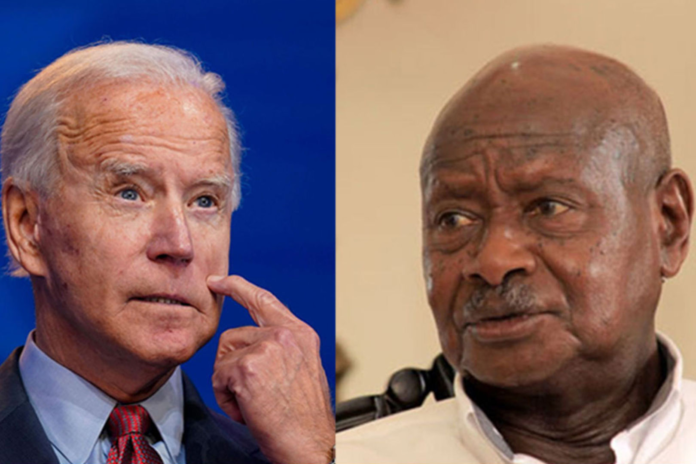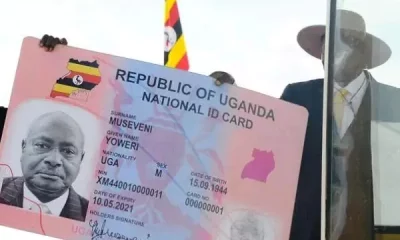United States President Joe Biden has officially expressed his intent to terminate Uganda’s participation in the African Growth and Opportunity Act (AGOA), citing allegations of human rights violations by the Ugandan government. This decision, which also affects other African countries, has put Uganda’s $200 million annual exports to the United States in jeopardy and could have a profound impact on both nations’ economies.
Background:
AGOA is a trade preference program that grants eligible African countries duty-free access to the U.S. market. It has been instrumental in facilitating economic growth and trade between the United States and numerous African nations, including Uganda.
However, President Biden’s move comes in the wake of several contentious actions by the Ugandan government. Notably, President Yoweri Museveni signed the Anti-Homosexuality Act in May 2023, which raised concerns about human rights and was met with widespread criticism from the international community. Additionally, allegations of rights abuses targeting political dissidents have surfaced, with reports of more than 50 people missing or killed since the 2021 general election in Uganda.
Biden’s Decision:
In his letter to the Speaker of the Senate, President Biden invoked Section 506A(a)(3)(B) of the Trade Act of 1974, signaling his intent to terminate the AGOA designation for Uganda, Central African Republic, Gabon, and Niger. He emphasized that Uganda, in particular, has engaged in gross violations of internationally recognized human rights.
This termination is scheduled for January 2024 if Uganda fails to meet AGOA’s eligibility requirements.
Economic Implications:
Uganda’s annual exports to the United States, totaling $200 million, have been a vital source of revenue for the East African nation. The potential removal from AGOA could have severe economic consequences for Uganda. Some U.S. firms have already started canceling export orders from the country, citing concerns over the anti-gay law.
Notably, Uganda, like other AGOA beneficiary countries, is expected to allow the importation of secondhand clothes into its market. This trade relationship could face further strain as President Museveni has threatened to ban the importation of secondhand clothes, which is largely sourced from the United States.
In response, Museveni has expressed determination to promote African wear and textile factories while emphasizing his commitment to banning secondhand clothing imports.
In conclusion, the decision to terminate Uganda’s participation in AGOA highlights the growing tensions between the United States and Uganda over human rights issues and the anti-gay law. The economic repercussions of this move will be closely watched as both nations navigate their trade relationship amid these developments. The coming months will be crucial for Uganda as it works to meet AGOA eligibility requirements to avoid potential exclusion from this trade agreement.

















